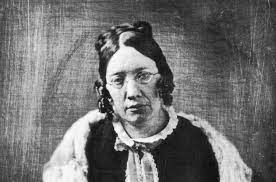OF THE KNOWLEDGE GAINED BY HUMAN EXPERIENCE IN REGARD TO THE NATURE OF MIND
by
October 1st, 2023
Audio Presented by

Trailblazing American educator, advocated female education and kindergarten integration.
About Author
Trailblazing American educator, advocated female education and kindergarten integration.
